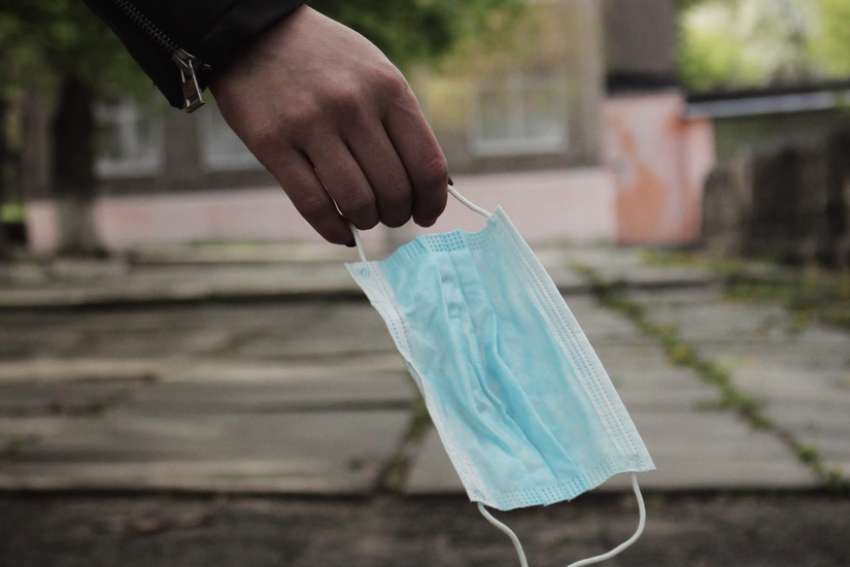Nothing unusual about that on a brisk early morning in mid-March? Well, no. But also yes. What was unusual about him was that there was apparently nothing unusual about him wearing a surgical mask on his face. While running. At 7:15 a.m. Alone. Without anyone within 25 metres.
On the day the Ontario government had dropped mask mandates virtually everywhere but public transit and in health care institutions.
Well, you might say, it was his choice, and we must be respectful of his right to choose. Which is true.
But that doesn’t preclude reflecting on what would prompt a young man healthy enough to go for an early morning jog to mask up before leaving home. Nor should it prevent us from questioning what social, cultural and political markers his masking signifies. We should at least be open to the prospect that he was an individual example of a fear now so engrained in the broader population that it has become a kind of contagion in itself. It’s a contagion whose primary symptom is unadulterated superstition.
Given the atmosphere the young man was in, given the established transmission vectors of COVID-19 and given the negative-number risk of him actually contracting it as a result, after all, he no more needed to wear a mask to ward off the virus than he needed to wear a necklace of garlic to fend off vampires. Indeed, the only reason for doing so would be to salve the superstition whose source is two years of fear fed by State-enforced public health dictates.
So, yes, by all means, let us be respectful of continuing COVID choices. But, no, let us not be naïve about their implications.
Much of the objection to, and push back against, COVID policies centred on either their Pecksniffian niggardliness — petty bureaucratic edicts that served no more than theatrical purposes — or their negligence toward the deep personal pain they caused by, for example, preventing families from burying their dead or marrying off their offspring. Yet the continuing crisis of COVID will, I am increasingly convinced, be its continuing to totalize the sense of crisis consuming us.
Cock an ear to almost any conversation casual or earnest these days and you will hear at least measures of a sense that the world is constantly lurching from fresh Hell to instant karma catastrophe without pause to draw six quick breaths between. Worse, is the article of faith that we are all individually implicated even when the latest blow ups mushroom into our awareness in places we couldn’t have located five minutes before with GPS and detailed maps in a well-lit room.
Somehow, we are suddenly all all-in on everything. Not only do we have to know about it, which is probably not a bad thing from the practical perspective of being able to at least make current events conversation, we must also have an opinion on it. More, we must throw ourselves psychically and spiritually, if not bodily, into supporting the right side of it, of which there can only be one in any given crowd.
There is nothing whatever wrong, of course, in being citizens who are aware and engaged. But we are far from that. We are now subjects in a socially experimental ethos sustained by the incessant heat of fear. Certain panicky-pants among us even fret that our condition is a function of conspiracy, which is absurd. No one needs to assemble a conspiracy when opportunity lies ready-made at hand.
Such opportunity comes from a myriad of sources including, but certainly not limited to, a neutered mainstream media, a toxic social media, politics drifting unimpeded in pursuit of purer power, and the great human temptation to choose security over authentic freedom. No social-political cultural hazmat suits will shield us from their aggregate pernicious effects. But there is something that we can choose to do to stop the totalizing crisis in its tracks. We can take up the exhortation of St. John Paul II as he led the world out of the totalitarian nightmare of the previous century: “Be not afraid... For God so loved the world that He gave His only Son.”
Of course, first we must drop our masks to proclaim that truth so those who have ears can hear.


